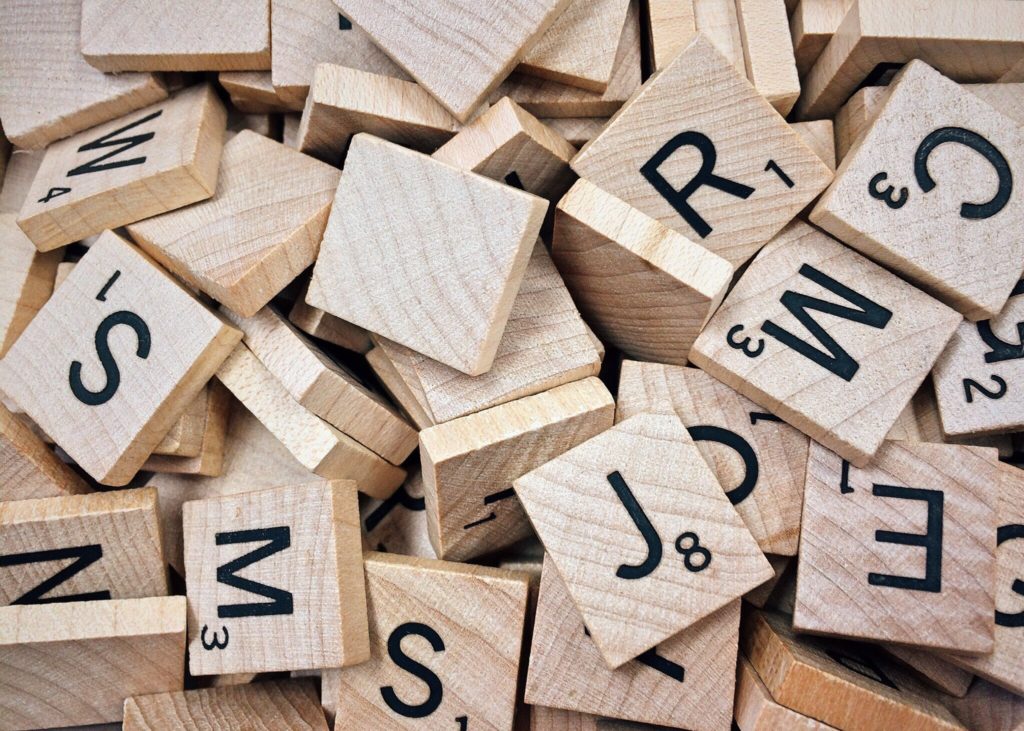Learning a new language involves twists, turns, techniques and tenacity but one thing is for sure – it’s a skill that rewards you for your entire life. There is so much information available on the quickest way to learn a language. Setting out to learn a language fast may not be advised by everybody but it’s a sign of ambitiousness and optimism and that’s a great thing! Put the effort in and you’re sure to learn a language quickly. Here’s some tips for learning a new language efficiently.
The fastest way learn a new language
Tips for learning a new language:
Words are the fundamental components of a language, but how often do we really think about what makes up a word? They aren’t just shapes and letters that correlate to definitions, they have 4 distinct components.
There are 4 components to a word.
-
- A spelling (C-Y-M-B-A-L)
- One sound or more (CYMB-BAL)
- A meaning (a percussion instrument formed from a beaten sheet of thin metal)
- A personal connection – a noisy instrument
With these 4 components comes complete understanding of a word. Building this up correctly means you’ll memorise words and their usage more easily. Understanding just a couple of these components means you won’t so easily recall the word or know exactly what it means.
The easiest way of learn a new word quickly is through sound

When you look through the words that form a new language, some are instantly intimidating and complex. In English, a long word like ‘photosynthesis’ is obviously far more complex to look at than ‘cymbal’ but both have specific sounds associated to them. We obviously know that there are many sounds involved in each word and learning these sounds is a great foundation to provide you a platform for synthesising memories.
For example, you can practice hearing new sounds and then learn how to produce the actual sounds as well as how to spell them. In those two examples, ‘photosynthesis’, as a 5 syllable word requires 5 different sounds – pho-to-synth-es-is. These all apply to many different other words. ‘Pho’ applies to many words to do with imaging like photograph, ‘synth’ applies to words like ‘synthetics’.
‘Cymbal’ is shorter but the sounds don’t compose many other words but still, they are sounds which help you with other words. For example, ‘cym’ in cymbal is the same sound as in the word ‘symbol’. There are more limited sounds in languages than there are words so learning sounds is an ideal prelude to learning actual words and their definitions – so many cross over.
Interact in your language daily without traveling
Just being surrounded by sounds from a new language won’t always help you learn them, you really need to interact. This means always checking real happenings in a foreign language – news articles, TV, culture, etc. You have to find something and concentrate on getting something out of it. Just listening blankly won’t help you learn a new language fast, interaction is key.
Choose the right words to learn a language fast
It’s no secret that learning words to pictures is an effective way to create memories that last. Either make or find a list with 625 easy words, and we mean very easy – ‘and’, ‘to’, ‘or’, ‘dog’ and then learn them by searching them in google and referencing the vast quantity of images which match your search term. For example, ‘dog’ will come up with lots of dogs (obviously), so look through them whilst concentrating on them as dogs. We all understand the images so tying words to these is a powerful learning technique.
Learn cognates
Cognates are words between languages which share meanings and pronunciations. This is particularly common phenomenon in European Romance languages like French, Spanish, Portuguese and Italian. English and Spanish are particularly related, as Spanish has 30-40% related words to English. A big example is words using ‘ion’ – ‘nation’, ‘solution’, ‘frustration’, ‘fraction’, ‘tradition’, ‘communication’ – so many of these are spelt very similarly in French. In other Romance languages it’s still similar, change that ‘tion’ to a ‘ción’ for Spanish or for Italian, add ‘zione’ or for Portuguese is ‘ção’. It’s obvious when you think about it – we already have a massive head-start for learning some languages.
The best way to learn a new language is through speaking

Talk is cheap! And so valuable for language learners. Speaking is and has always been a great way to learn a language. It all comes down to the interaction and how that affects your memory. By speaking, we’re engaging the brain and muscles in the voicebox and mouth. It’s a hardwired link which better enables us to externalise our language knowledge and most importantly, use it.
Bilingua’s platform is exceptional for helping us do this. By putting you into one-to-one contact with a native, it provides a means to rebound thoughts, comments and quotes of a native whilst listening to their native insights.
Use free resources to learn a language quickly
The best resources are free and there’s so many of them. You really don’t need to pay to learn a language anymore. There are pages like the BBC languages intro to almost 40 different languages which can give you a push start and in terms of apps, Bilingua ranks as one of the best free resources for language learning and interaction.
Learn to sound like a native speaker

Simulating the actions and thoughts of natives is tricky but rewarding. The more you come across as a native speaker the more you’ll be treated like one and therefore, natives will be more open and voluntary. In terms of sounding like a native, pronunciation is key but the thing is, natives don’t always pronounce words properly! Slurring, tapering off parts of a word or emphasizing different parts is a standard practice. Listen to how conversations come across from natives and note how it differs to things you’ve heard on courses or definition and pronunciation examples. Sense out the differences and apply them to your own language.
Sounding more fluent and speaking like a native
Find a good positive outlook on language learning. Don’t ever think it’s too late for you to learn a language. The older you are, the more knowledge you’re equipped with and this ultimately helps you learn languages. Embrace every mistake and admit them readily – the more you do this the more you’ll realise your learning.




